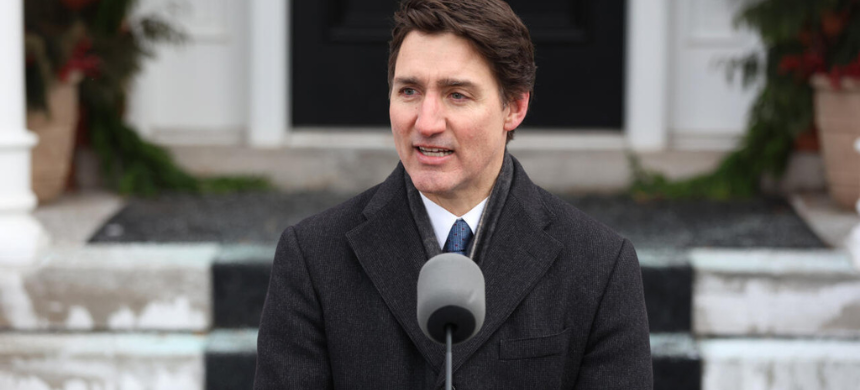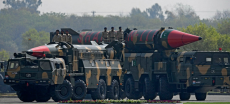Justin Trudeau Announces Resignation as Canadian Prime Minister and Liberal Party Leader
Canadian Prime Minister Justin Trudeau, 53, has announced his resignation as leader of the ruling Liberal Party, signaling the end of his nine-year tenure as prime minister. Speaking at a press conference in Ottawa on Monday, Trudeau confirmed his decision, stating, “I intend to resign as party leader, as prime minister, after the party selects its new leader.”
Leadership Transition and Parliamentary Suspension
Trudeau will remain in office in a caretaker capacity until a new leader is chosen through what he described as a “robust nationwide competitive process.” To facilitate the transition, Canada’s parliament will be suspended until March 24, a decision Trudeau justified by pointing to months of parliamentary paralysis.
“This morning, I advised the Governor General that we need a new session of parliament,” Trudeau said. “She has granted this request, and the House will now be prorogued until March 24.”
Reflections on Tenure and Regrets
During his speech, Trudeau reflected on his time in office, highlighting his regret over failing to reform Canada’s electoral system. He acknowledged the challenge of implementing such changes without the support of other parties.
“I do wish we’d been able to change the way we elect our governments in this country so that people could simply choose a second choice, or a third choice on the same ballot,” he said.
Trudeau, who has led the Liberal Party since 2013 and served as prime minister since 2015, has faced mounting pressure to step down due to declining approval ratings, internal party discontent, and growing opposition strength.
Challenges and Internal Discontent
The resignation follows heightened tensions within the Liberal Party, particularly after the departure of Finance Minister Chrystia Freeland in December, which stemmed from disagreements over policy direction. Trudeau’s leadership also came under scrutiny as the Liberals trailed the opposition Conservatives in opinion polls ahead of an election due by late October.
Read More: PTI Calls For ECP Chief’s Resignation
In his remarks, Trudeau emphasized the need for fresh leadership to carry the Liberal Party’s values into the next election. “This country deserves a real choice in the next election, and it has become clear to me that if I’m having to fight internal battles, I cannot be the best option in that election.”
Opposition Reactions
Opposition leaders were quick to respond to Trudeau’s resignation:
- Jagmeet Singh, leader of the New Democratic Party (NDP), criticized the entire Liberal government, stating, “The Liberals do not deserve another chance, no matter who is the leader.”
- Pierre Poilievre, leader of the Conservative Party, dismissed the leadership change as superficial. “Nothing has changed,” he said. “Every Liberal MP and leadership contender supported EVERYTHING Trudeau did for 9 years. They just want to trick voters by swapping in another Liberal face.”
The Road Ahead
The Liberal Party now faces the task of selecting a new leader and preparing for the upcoming election. Trudeau expressed optimism for the party’s future, stating, “A new Prime Minister and leader of the Liberal Party will carry its values and ideals into that next election. I’m excited to see the process unfold in the months ahead.”
As Canada prepares for this political transition, the nation awaits to see how Trudeau’s departure will shape the country’s political landscape moving forward.











